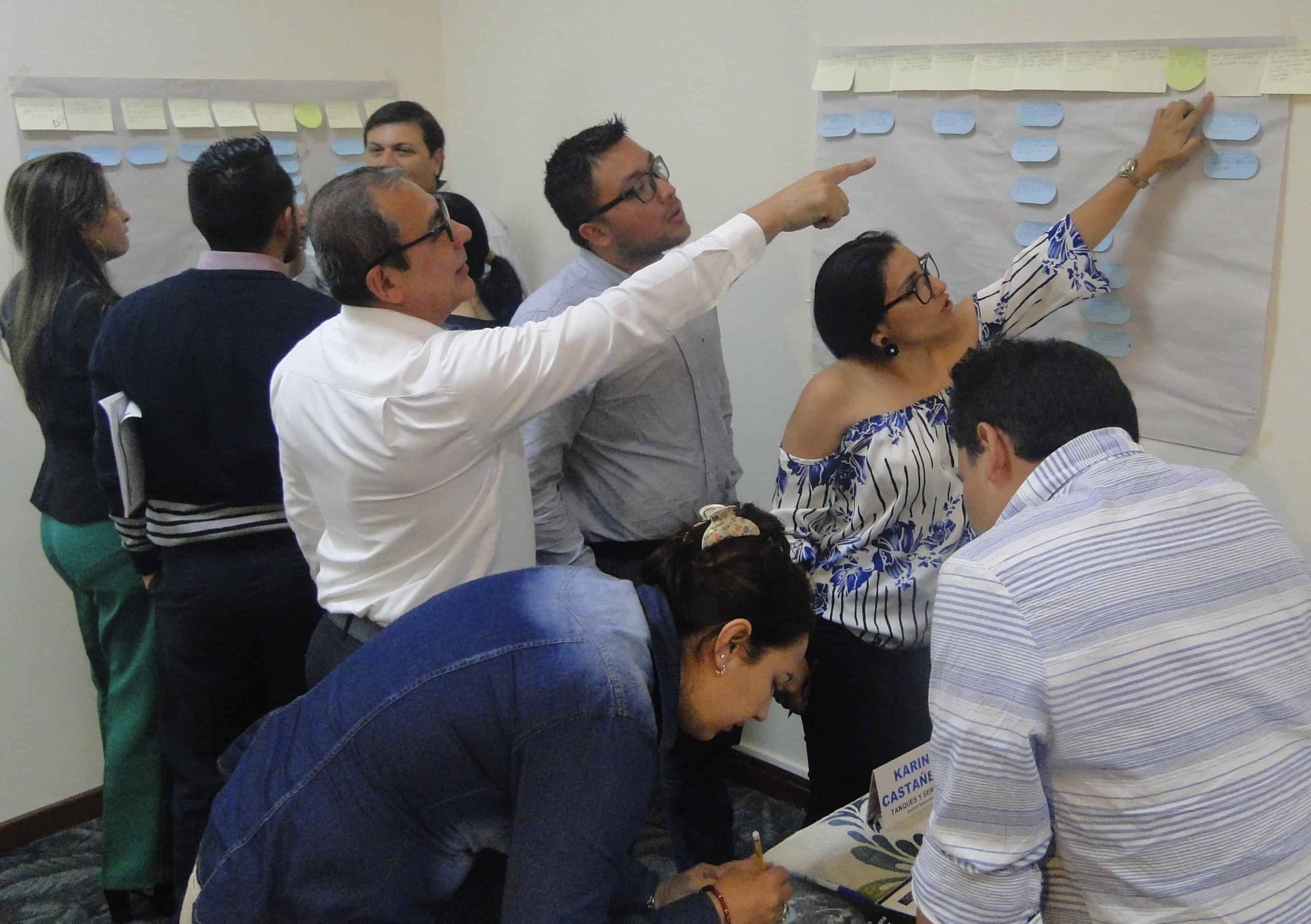Navigation & Piloting Training Corrective Actions – Are They Enough?

Blame Oriented Investigation Includes Training Corrective Actions

Four years ago the Navy had two fatal ship collisions and the investigations included discipline for the ship’s Commanding Officers and other watchstanders. See these articles for more information:
- Is this a good idea? … Navy to have “Article 32” hearings for COs involved in collisions at sea.
- Interesting Article in “Stars & Stripes” About Navy Court-Martials for COs Involved in Collisions
- Human Factors Issue in USS John S McCain Crash Not Specifically Identified in Navy Report
- New Study Suggests Poor Officer Seamanship Training Across the Navy – Is This a Generic Cause of 2017 Fatal Navy Ship Collisions?
- Blame Game Is Serious Business for Navy Commanding Officers
- The Blame Root Cause
- USS Fitzgerald & USS John S McCain Collisions: Response to Feedback from a Reader
Here is part of my response to the last article above:
That’s why I doubt there will be a real root cause analysis of these accidents. If there is, it will require immediate reductions in operation tempo until new training programs are implemented, new ships can be built, and manning can be increased to support the new ships (and our current ships). How long will this take? Five to 10 years at best. Of course, it has taken over 20 years for the problem to get this bad (it started slowly in the late 80s). President Trump says he wants to rebuild the military – this is his chance to do something about that.
Now, according to an article in the San Diego Union-Tribune, the Navy has taken the first step in the corrective action that I mentioned above. They have implemented a new training regimen for surface warfare officers.
The article says:
Former senior Navy officials have said their warnings about poor maintenance, shoddy technology and a relentless pace of ship deployments went unheeded for years before the 2017 collisions of the guided-missile destroyers Fitzgerald and McCain with container ships, just weeks apart.
And another article from 2019 explained the considerable warnings that were given to top brass.
Are Training Corrective Actions Enough?
Now here is the question. Are training corrective actions enough?
- What about the human factors issues?
- What about the poor maintenance/material condition?
- What about the overwork and relentless pace of deployments resulting in fatigue?
- What about the previously blame-oriented investigations?
I would really like a complete response from the Navy about their corrective actions.
I would also like to see an apology to the Commanding Officers and crew that were blamed for the accidents when the true root causes were beyond their control but within the control of senior officers, congress, and the President.
What do you think? Is training enough? Or should the Navy own up to the previous lack of support for the ships and their crews?
Here is a quote from another article:
Adm. John Richardson, head of the Navy, called the two collisions “avoidable tragedies.” The ships’ commanders and their superiors, he said in a written statement to ProPublica, were responsible for the results.
“The tragedies of USS Fitzgerald and USS John S. McCain reminded us that all commanders, from the unit level to the fleet commander, must constantly assess and manage risks and opportunities in a very complex and dynamic environment,” Richardson said. “But at the end of the day, our commanders make decisions and our sailors execute and there is an outcome — a result of that decision. The commander ‘owns’ that outcome.”
Sidelined during years of land wars in Iraq and Afghanistan, the Navy is now strategically central to containing North Korea’s nuclear threat, China’s expansionist aims and a newly aggressive Russia.
Vice Admiral Joseph Aucoin was commander of the 7th Fleet at the time of the collisions. A Naval aviator who fought in the Balkans and Iraq, he made repeated pleas to his superiors for more men, more ships, more time to train. He was ignored, then fired.
More than 18 months later, Aucoin believes that the Navy has yet to disclose the full story of the disasters. Navy leaders, he said in his first extended interview, have not taken accountability for their role in undermining America’s sea fighting ability.
“I just want the truth to come out,” Aucoin said.
Learn to Find Root Causes and Avoid Blame
If you would like to learn more about how to eliminate blame from incident investigations, find the true root causes of problems, and develop effective, complete corrective actions, you should attend a TapRooT® Root Cause Analysis Course.
For more information, CLICK HERE.
And for even more about human factors and stopping human error, attend the virtual Stopping Human Error Course on October 26-27, 2021.




